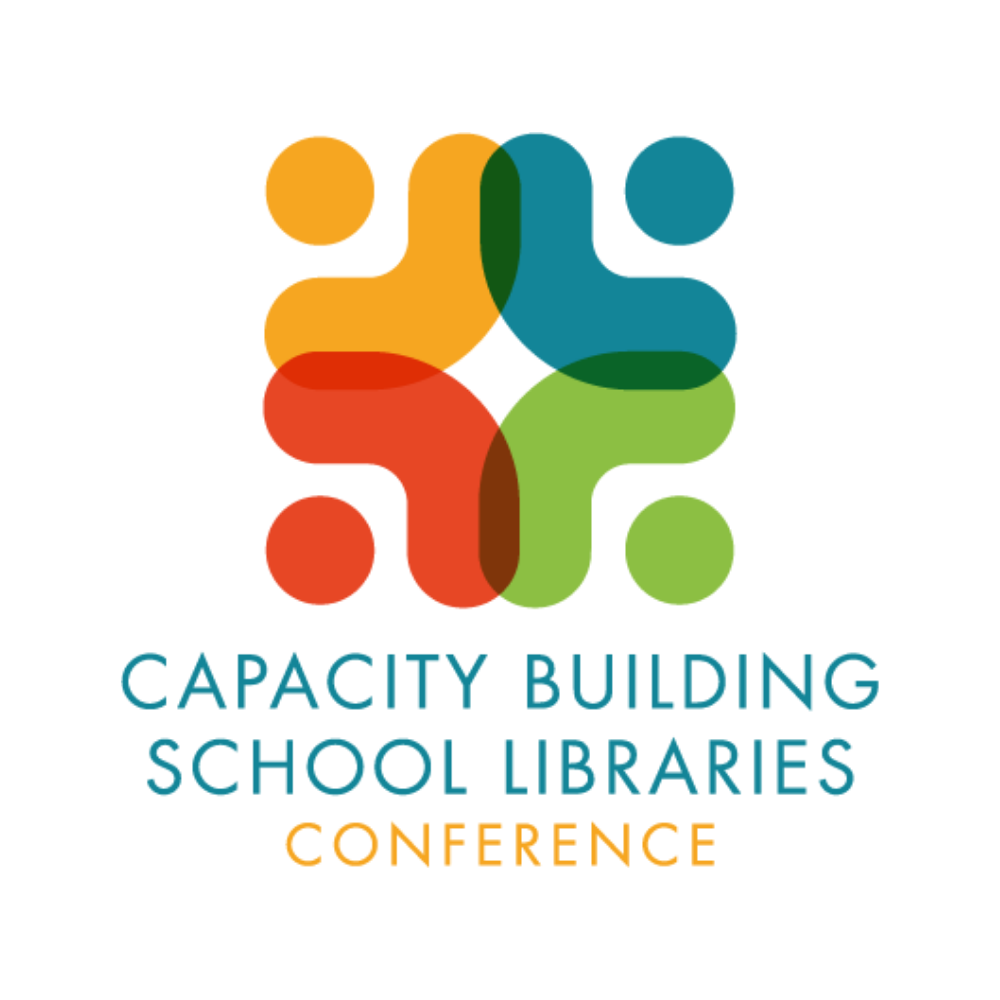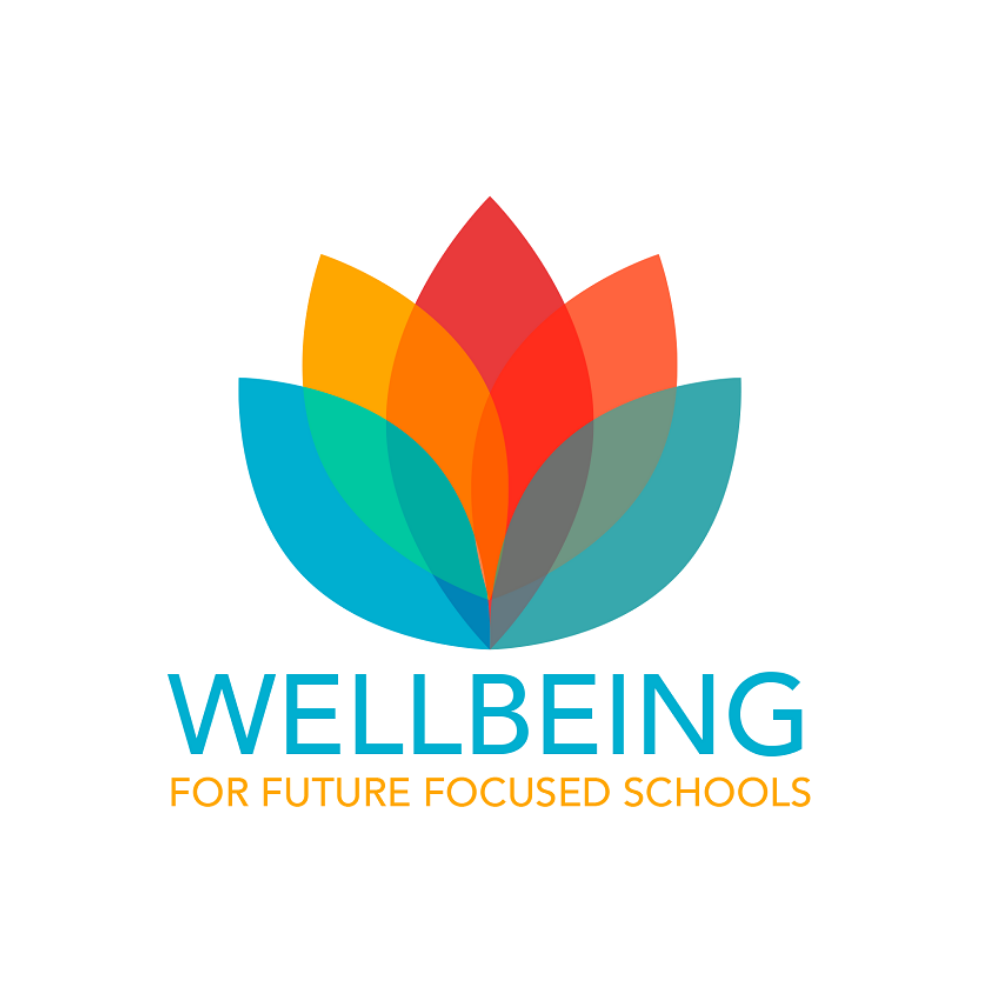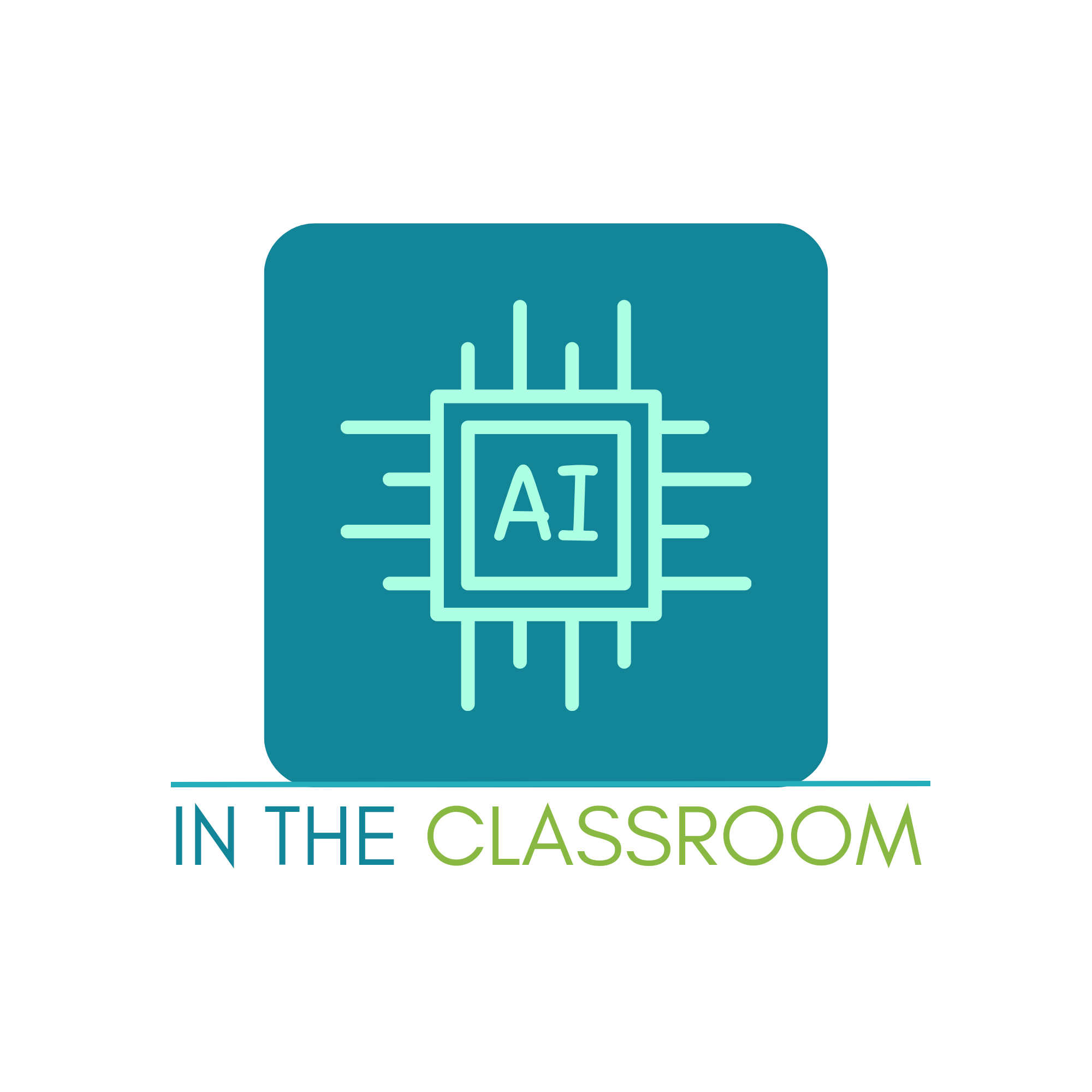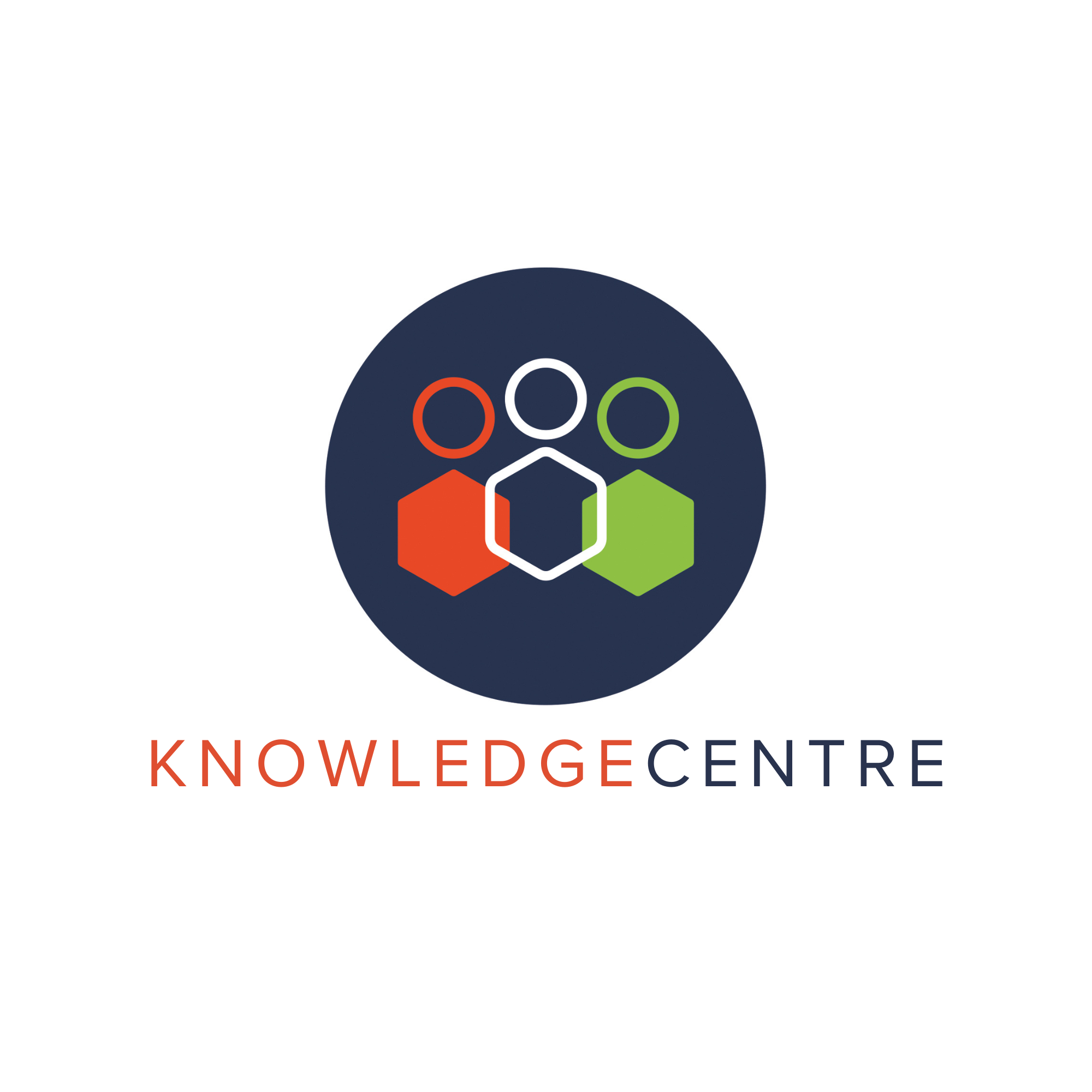About National Education Summit
Queensland and Victoria’s premier K-12 curriculum focused education event
Immerse yourself in two days of inspiration and innovation at the National Education Summit! Engage in dynamic Conferences, hands-on Workshops, and interactive Seminars led by top experts and thought leaders in education. Explore the latest resources at The Education Show, a free trade expo designed for educators, and earn professional development hours while you’re there.
Designed for all levels of K-12 education, from classroom teachers to school leadership teams, the Summit offers fresh insights, expert knowledge, and practical strategies you can implement immediately. Principals and educators alike will leave with new skills, ideas, and a renewed passion for teaching.
Join a vibrant community, share ideas, collaborate, and take a well-deserved moment to recharge—because great teaching starts with inspired educators!
Professional Development Events
Explore the comprehensive programs on offer in Melbourne and Brisbane including Conferences, Seminars and Workshops. Over the two days educators can attend the Diverse Leaners Symposium, Wellbeing for Future Focused Schools, Capacity Building School Libraries, AI in the Classroom, and Free Seminars in the Knowledge Centre and Classroom of the Future (Melbourne Only).
The Education Show: The official exhibition of the National Education Summit
Discover the latest developments in teaching and learning resources, programs and services for classrooms, schools and educators.
The Education Show will showcase cutting edge learning and teaching resources along with programs, support services and technology. Educators will be inspired by the latest developments in the sector that can be implemented in their schools and classrooms.
View 2025 Highlights
Professional Learning
EARN PD HOURS
Attending the National Education Summit will provide self-identified PD addressing the following Australian Professional Standards for Teachers towards maintaining
Graduate | Proficient | Highly Accomplished | Lead Accreditation.
2.1 – Content and teaching strategies of the teaching area
3.3 – Using teaching strategies
3.4 – Select and use resources
4.1 – Support student participation
6.2 – Engage in professional learning and improve practice
6.3 – Engage with colleagues and improve practice
7.4 – Engage with professional teaching networks and broader communities
Australian Education
The National Education Summit aims to provide the highest standard of professional development across key themes in the K-12 education sector and to ensure that participants have the latest, most innovative and relevant learnings to build their capacity as educators.
The National Education Summit will strive to achieve these in the following ways:
Demonstrate our vested interest in Australian Education, with people who know and love our education community by offering a platform for professional learning.
Create a collaborative, face-to-face community for the education sector to meet, share and grow.
Provide opportunities for educators to present and share their ideas in a supportive environment (both new and experienced teachers).
Manage and curate content to provide high quality professional learning options for educators.
Provide a platform for educational vendors to engage educator audiences in an interactive, experiential, collaborative environment.
Key Information
WHEN: THURSDAY 14 - FRIDAY 15 MAY 2026
WHERE: BRISBANE CONVENTION & EXHIBITION CENTRE
WHEN: THURSDAY 3 - FRIDAY 4 SEPTEMBER 2026
WHERE: MELBOURNE CONVENTION & EXHIBITION CENTRE
Follow us on social media
Getting there & Accommodation
The National Education Summit will take place at
The Melbourne Convention & Exhibition Centre, 1 Convention Centre Pl, South Wharf VIC 3006
Brisbane Convention & Exhibition Centre Cnr Merivale and Glenelg Streets South Bank, Brisbane




















